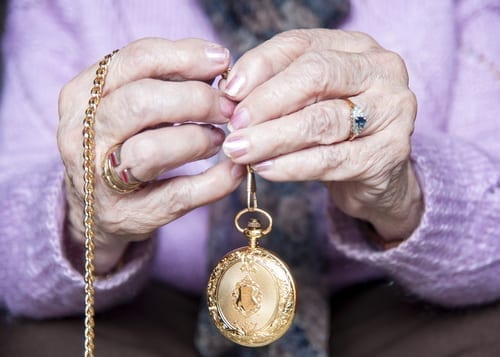
Molecular geneticist Brandon Milholland of Albert Einstein College of Medicine helped lead a study concerning the maximum longevity of human beings that was published in the Nature journal. The study concludes that an analysis of mortality and population data covering about 40 countries indicates humankind may already have hit its longevity ceiling.
“Despite any gains in the average life expectancy, there is a limit beyond which the maximum lifespan of humans cannot be extended,” Milholland said.
The longest documented lifespan of any person in recent times was Frenchwoman Jeanne Calment, who died at age 122 in 1997. Italian Emma Morano, 116, is recognized as the world’s oldest living person today.
Even though average life expectancy continues to increase and more people are reaching extreme old age, people who reach 110 today have no greater life expectancy than those who lived to 110 in the 1970s. The trend has been for the world’s oldest person to reach around age 115, and the researchers predicted this would remain stable for the foreseeable future.
“It is possible that someone might live slightly longer, but the odds of anybody in the world surviving to 125 in any given year is less than one in 10,000,” Milholland said. “We suspect that the accumulation of damage with age, especially mutations in the individual cells of the body, somatic mutations, ultimately places a limit on lifespan.”
Milholland explained that lifespan-limiting damage affects all organs, so, for example, a treatment improving cardiac function would not prevent neurodegeneration.
“The odds are very slim that we will ever see a person who lives longer than Jeanne Calment,” Milholland said. “And if we do … they would probably not exceed her record by very much.”
